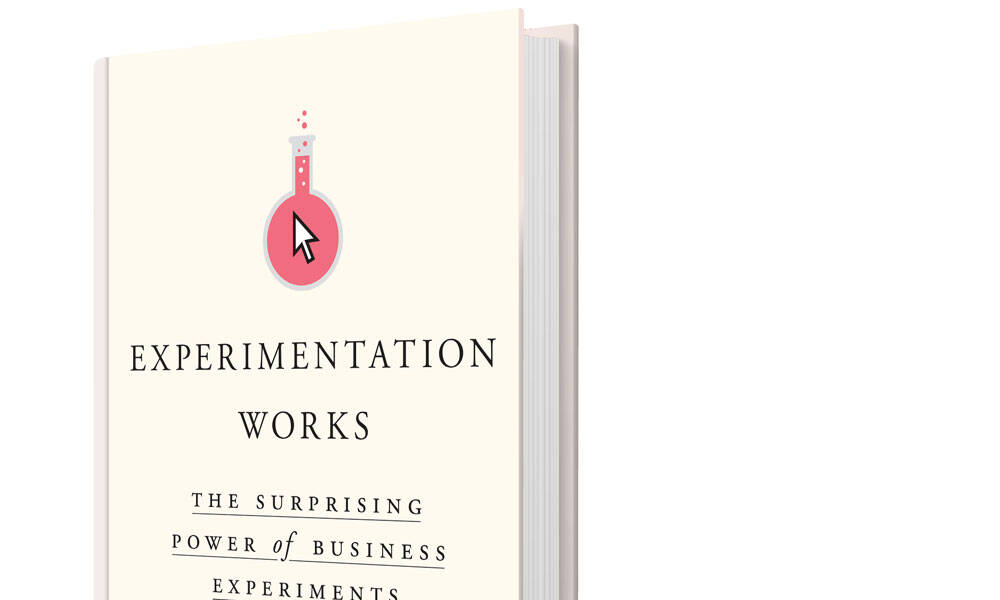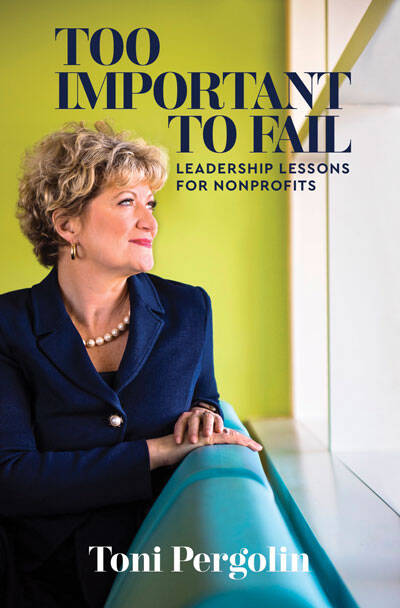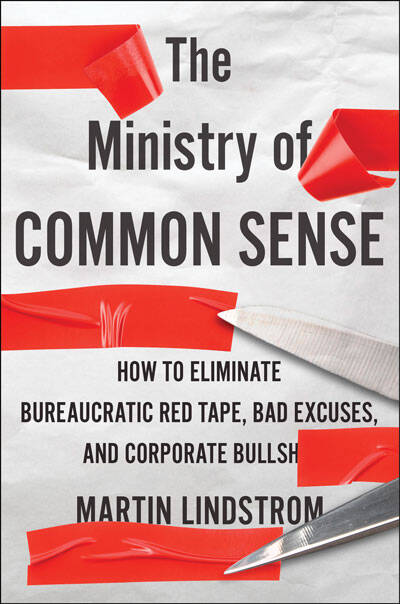
Books: Effective Experimentation
Discipline and process win, according to Stefan Thomke’s Experimentation Works.
Experimentation Works: The Surprising Power of Business Experiments
By Stefan Thomke; Harvard Business Review Press; 288 pages; $32
Harvard Business School Professor Stefan Thomke urges organizations to become far more strategic, organized, and assertive about experimentation in his latest book on innovation, Experimentation Works: The Surprising Power of Business Experiments.
Effective experimentation begins with discipline and a clear process, not vague trial and error, writes Thomke. This means understanding the elements of a true business experiment—buy-in, feasibility, causality, value, and decisions—and how they play into organizational decision making and accelerated learning. Associations will find plentiful takeaways as Thomke moves readers past the myths and barriers of business experimentation and into the how-to of determining tactics, pacing failure and prototyping, and scaling, among other actions.
Particularly fascinating are case studies of experimental cultures such as that of Booking.com. Using website conversion rates as its key performance indicator, the online travel agency has exploded into 70 countries with 15,000 employees and conducts more than 1,000 daily experiments focused mainly on improving customer experience.
“[P]eople are terrible at guessing,” says Lukas Vermeer, Booking.com senior product owner of experimentation. “Our predictions of how customers will behave are wrong nine out of 10 times.” For instance, the team misjudged the effectiveness of chat lines (fail), hotel packages (fail), and the “walkability factor” (fail—customers didn’t convert based on a property’s neighborhood).
Such candor around attaining business goals makes Thomke’s experimentation framework and support tools all the more powerful for organizations that understand the need for constant transformation.

Too Important to Fail: Leadership Lessons for Nonprofits
By Toni Pergolin; Farfallina Press; 166 pages; $29.99
Association financial executives and CEOs will find familiar themes around cash-flow challenges, audit angst, and strategic planning in this short memoir by nonprofit CFO-turned-CEO Toni Pergolin.
Outwardly cool but inwardly worried, Pergolin describes ongoing financial battles of the past two decades to keep afloat Bancroft, a large, New Jersey-based nonprofit. Bancroft has served people with autism and other developmental disabilities for 134 years, and Pergolin is determined to secure its faltering position after deeming its mission “too important to fail.”
Her candid tale of desperate outreach to angel investors, negotiations with banks, offerings of bonds and potential mergers, and collaborations with board directors and the local community gives a rare public look inside the usually private financial ups-and-downs of a nonprofit.
Spoiler alert: Cheers to the happy ending.

The Ministry of Common Sense: How to Eliminate Bureaucratic Red Tape, Bad Excuses, and Corporate Bullsh**
By Martin Lindstrom; Houghton Mifflin Harcourt; 256 pages; $28
Martin Lindstrom calls out organizations replete with logic-defying practices and bureaucratic bottlenecks that senselessly harm the customer and employee experience. Fast-paced and funny, Lindstrom’s scolding includes fix-it exercises, a five-step cleanup program, and creation of an organization-wide Ministry of Common Sense to serve as a repository of red-tape examples needing resolution.
“Common sense is a blind spot,” writes Lindstrom, who lists declining empathy, technology, politics, and legal fears as factors driving the growth of illogical policies and regulations. Unless organizations—especially large ones—address “silliness” like excessive approval requirements and other rules, their long-term survival seems as questionable as their excuses, he warns.
Some jaw-dropping anecdotes might strain credibility, except that we’ve all likely witnessed similar nonsense.






Comments